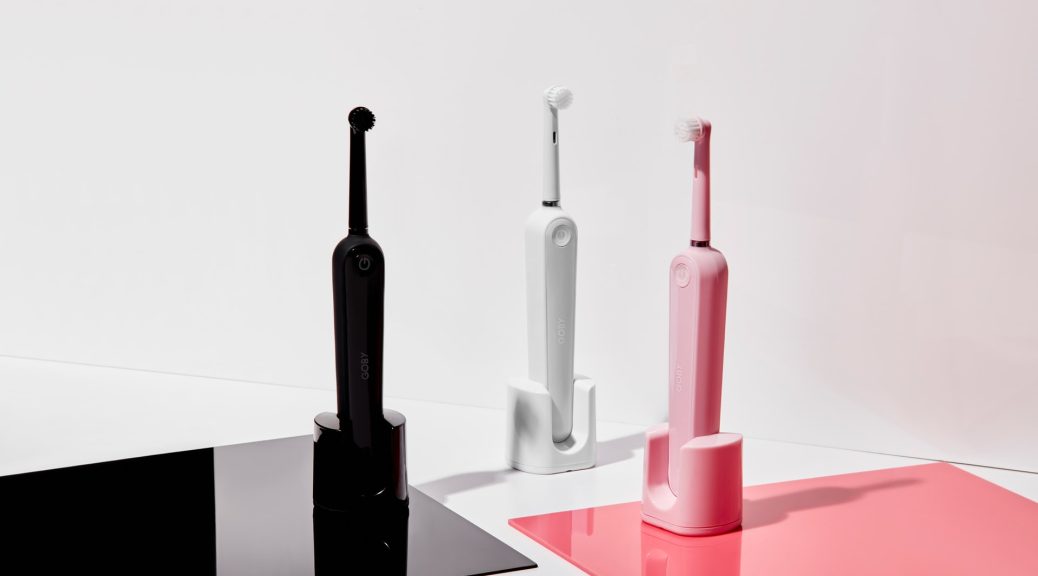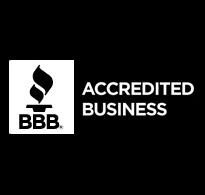Does it seem like every time you turn on the TV these days, you see a commercial for the latest and greatest in electric toothbrush technology? Many of these ads make bold claims about the effectiveness of electric toothbrushes versus brushing with a traditional toothbrush. Here are a few things to consider when deciding which is right for you.
The Buzz About Electric Toothbrushes
Since their inception to the oral care world, many people (and the respective advertisers) swear by the electric toothbrush as the most effective way of cleaning your teeth. Case studies highlighted in a Penn State University article suggest that using an electric toothbrush did reduce plaque in users by 21% and in gingivitis by 11% after three months.
A recent analysis by MIT succinctly highlights some of the key benefits of electronic toothbrushes:
- Electronic toothbrushes take little to no effort in brushing teeth and are more effective than conventional toothbrushes.
- They work for children, adults, and those with special needs.
- Many of the newer models let you know if you brush with too much force, when your battery runs low, and have multiple functions for cleaning.
- Electronic toothbrushes are comfortable to handle, and
- Bristle heads vary in shape, size, and firmness/softness and can withstand three months of use versus every two months with a traditional toothbrush.
Before You Say Goodbye To Your Traditional Toothbrush
Despite the advantages of electronic toothbrushes, there are some disadvantages to them as well:
- They cannot run without charging them regularly. Taking both your toothbrush and charging station wherever you go can be inconvenient, and forgetting the charging station makes it no more helpful than a traditional toothbrush.
- Regular use may reduce plaque and gingivitis more than a traditional toothbrush, but it does not replace flossing and regular visits to the dentist.
- In older models, misuse of the toothbrush could result in damaging your teeth (i.e., brushing too hard or missing teeth during the brushing process.)
- Electronic toothbrushes and accessories can be expensive in up-front cost depending on the model.
What To Consider
While an electronic toothbrush is a good alternative for your oral care needs, remember that good oral habits are essential for your overall dental health. Brushing and flossing regularly, as well as scheduling a visit twice a month with your dentist, will maintain your smile’s longevity, as well as your oral health as a whole.





